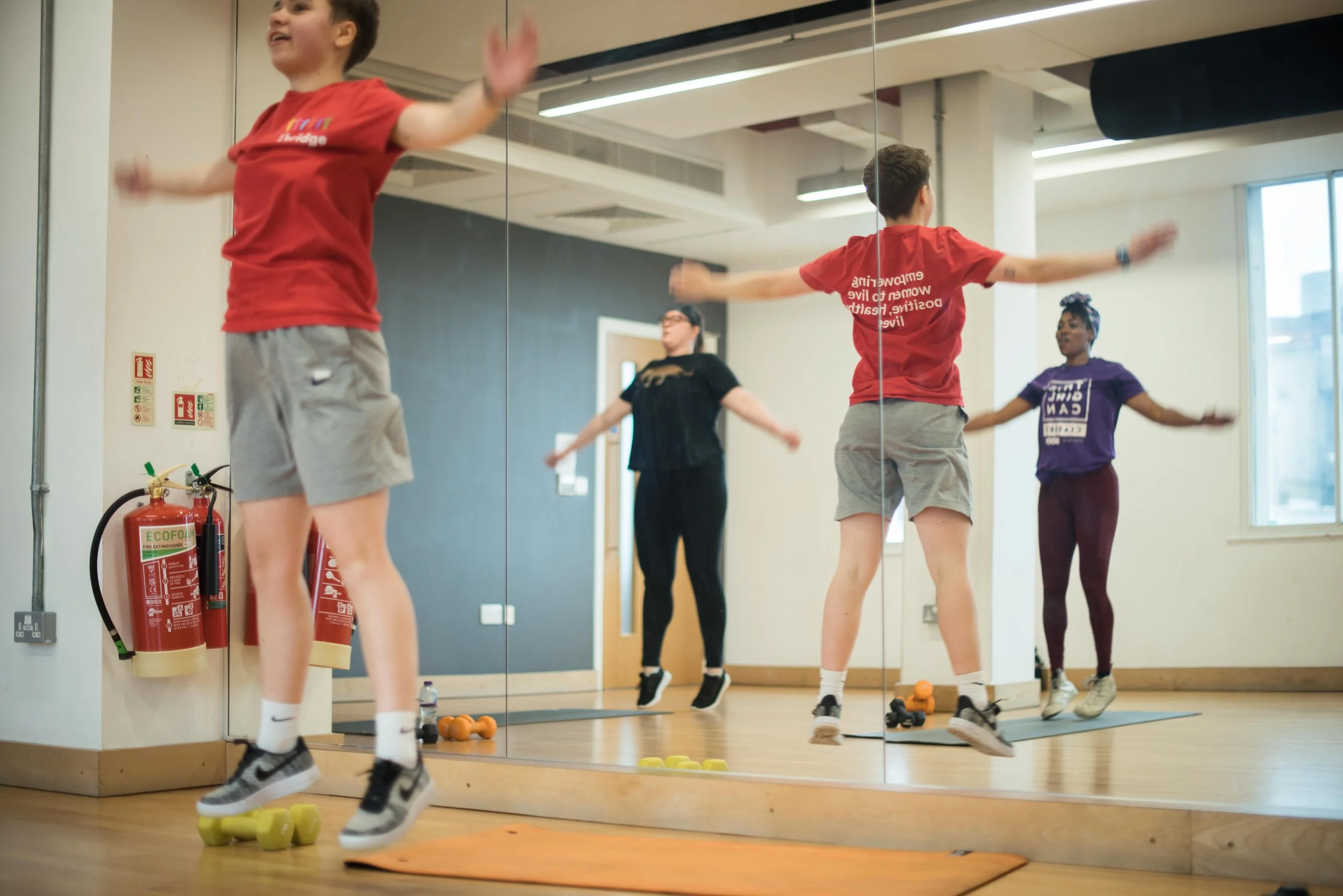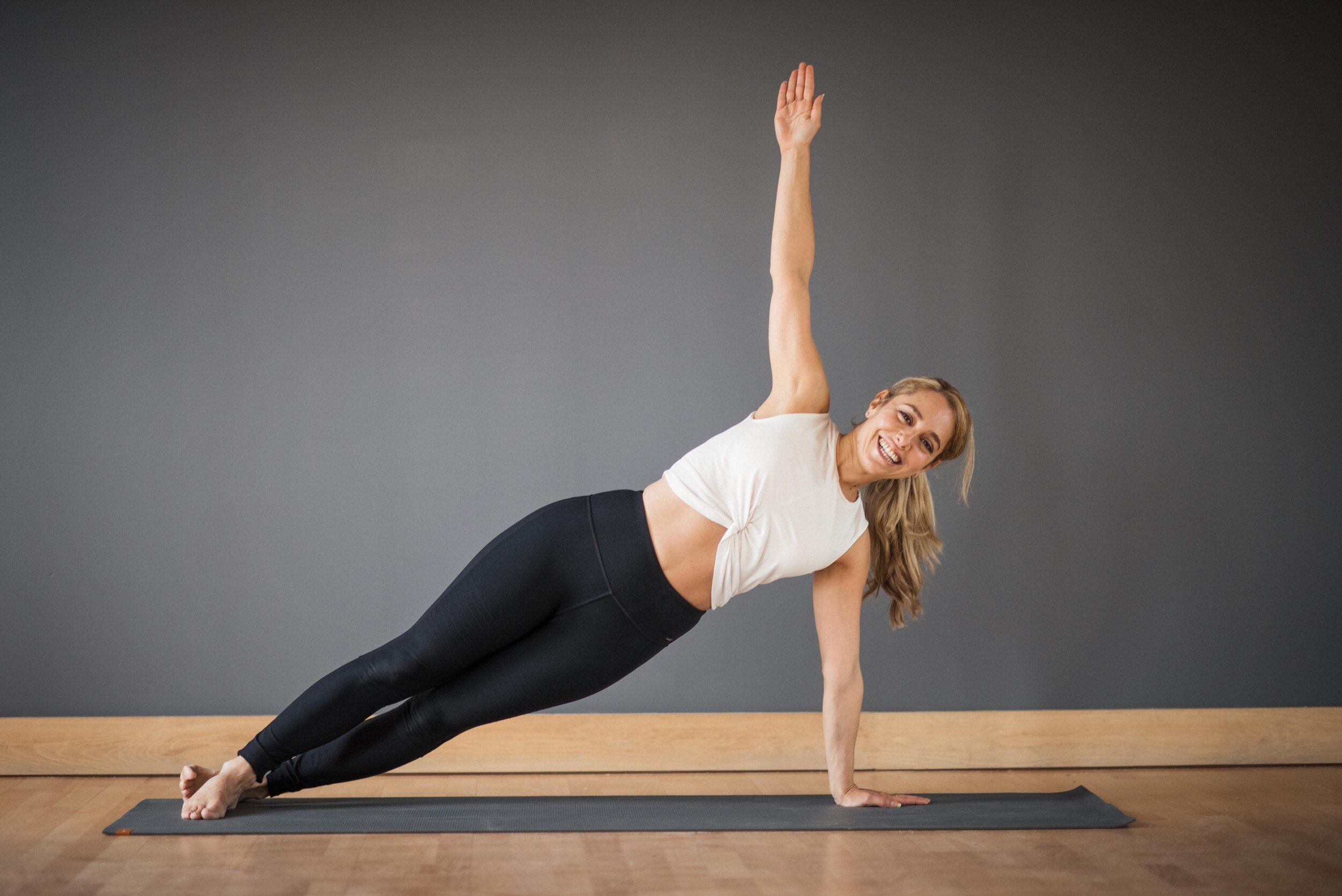four ways to improve our mind-body connection
Mind-body connection refers to the relationship between our mind and bodies. It’s recognition that what you think, feel and experience emotionally can influence your physical functioning, and vice versa.
Research has shown that improving your mind-body connection can improve your mental and physical health. Benefits may include reduced anxiety, fatigue and blood pressure, and improved digestion, emotional resilience, pain management, sleep, strengthened immune system and more.
So, how can we improve our mind-body connection?
1. Breathwork
One of the simplest yet most fundamental techniques is focusing on your breath. It’s been scientifically proven that breathing exercises stimulate the mind-body connection and reduce stress.
Test it by closing your eyes and breathing through your nose; taking a deep breath – in for four, holding for four, exhaling slowly for six, holding for four and repeating. Taking a longer exhale eases your sympathetic nervous system away from the ‘fight or flight’ response and activates your parasympathetic nervous system* into ‘rest and digest’ mode.
If you’d like to learn more about the power of your breath, Steff runs free breathwork sessions every Wednesday morning from 08:30–09:00 in our studio and online as part of the HUB project.
*These systems are part of your automatic nervous system (ANS) which sends signals all around your body so you can perform important actions without having to think about them (for example, your heart rate and blood pressure). Your sympathetic and parasympathetic nervous systems have opposite roles but are equally important. Our sympathetic nervous system puts you on alert, taking the lead when you’re in a dangerous situation. Your parasympathetic nervous system returns your body to a more relaxed state and manages bodily functions when you feel safe.
2. Physical exercise
In exercise, the mind-body connection is often referred to as ‘mind-muscle connection’. This involves being fully present during exercise; consciously focusing on ‘squeezing’, internally visualizing the muscle you’re engaging and breathing deeply into your diaphragm (making sure not to hold your breath)!
This focus can lead to deeper muscle fiber activation and improved form and technique, contributing to muscle growth and strength development whilst reducing the risk of injury.
We’ve got a whole range of fitness classes at our gym to help you find your movement. Check out our timetable here.
3. Meditation
Meditation is a practice that involves focusing your attention, training your awareness, and gaining a sense of perspective. When meditating, you're not trying to stop your thoughts – rather you’re learning to observe your thoughts, emotions, and bodily sensations without judgment so you’re fully present. Eventually, this may lead to a better understanding of your thoughts and how emotional reactions can physically manifest in your body. This heightened awareness can lead to improved physical and mental health as you’re able to respond to your body’s needs more promptly.
Learning to meditate is like learning any other skill – it takes time and consistency to reap the most benefits. Although you can meditate anywhere, when you’re learning to meditate it can be easier if you’ve got a teacher. We’ve got you covered there! Join our free weekly meditation classes at 15:00 on Wednesdays in the studio, run by Dede, our Health and Well-being Manager as part of our HUB project.
4. Yoga
Yoga is a holistic practice that combines all the above tools: physical postures (asanas), breath control (pranayama), meditation and mindfulness to unite the body and mind. The word ‘yoga’ means union or connection, and is grounded in the fusion between the mind and body.
We run four yoga classes a week which are included in our gym membership, check out our fitness class schedule and sign up to our women-only gym today!
Overall, understanding and consciously nurturing the mind-body connection is one of the most effective ways to simultaneously improve your mental and physical well-being. It can contribute to a more holistic and integrated approach to health, promoting a greater sense of well-being and vitality in all aspects of life.
Try implementing some of the tools above and let us know the benefits you gain from improving your mind-body connection!
Sources:
https://scholarworks.uni.edu/cgi/viewcontent.cgi?article=1493&context=grp
https://www.ncbi.nlm.nih.gov/pmc/articles/PMC1456909/
https://www.researchgate.net/publication/311750288_The_role_of_deep_breathing_on_stress


